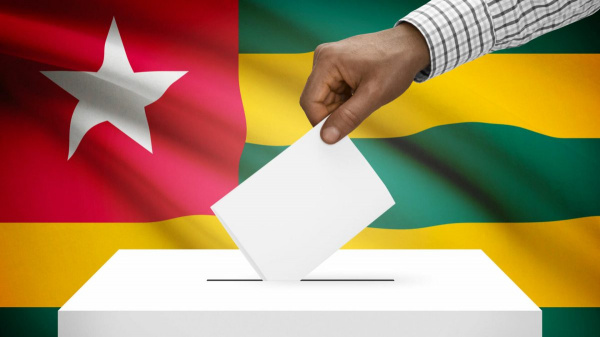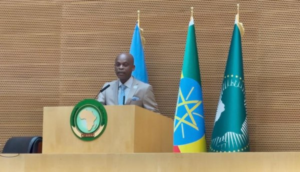The Togo mayoral election has once again shifted to new dates, sparking nationwide discussions. Originally planned for September 10 to 12, the election will now take place from September 17 to 19. The Ministry of Territorial Administration announced this decision, stressing the importance of improving logistics and ensuring wide participation. Authorities want every one of the 1,527 municipal councilors, elected last July, to fully take part.
This second adjustment followed an earlier postponement from September 2 to 4, then to September 10 to 12. Therefore, this new shift highlights how challenging proper preparation has become for such a vital event. Despite the delays, leaders insist the process must remain transparent and inclusive. According to officials, these changes intend to secure fair participation under existing legal frameworks. In this way, the government hopes to build stronger trust between voters, candidates, and institutions.
The Togo mayoral election carries significant importance because local governance directly influences community development. Mayors and their deputies shape local infrastructure, education, and social programs. Therefore, ensuring a credible process remains central to strengthening democracy. By delaying the vote, authorities are aiming to fix logistical gaps before ballots open. This proactive approach seeks to prevent confusion and guarantee that each councilor exercises their right.
Read more: NASENI Launches InnovateNaija: Nigeria’s Biggest Youth Innovation Challenge
Citizens, however, have shown mixed feelings toward the repeated changes. Many believe that the additional time allows for better organization. Yet, others worry that frequent shifts may weaken confidence in the process. To address these concerns, the Ministry emphasized the commitment to both fairness and transparency. Officials explained that inclusivity will remain the guiding principle throughout the Togo mayoral election. This reassurance matters, especially because communities rely heavily on local leadership for daily improvements.
Transitioning from one date to another creates challenges for both voters and administrators. However, strong planning and communication can turn difficulties into opportunities. By clarifying the reasons for delay, leaders encourage patience and cooperation. As a result, the Togo mayoral election may now unfold more smoothly than earlier anticipated. Each step taken now serves as preparation for not only this vote but future elections as well.
For many, this moment symbolizes more than logistics. It reflects a deep national desire for democratic resilience. In fact, the Togo mayoral election provides an opportunity to showcase accountability and unity. Every community wants leaders who understand their needs and work toward solutions. Thus, the responsibility rests on authorities to prove the process remains both inclusive and reliable. Through dedication, these elections could strengthen trust across municipalities and enhance local governance.
As September 17 approaches, anticipation builds. Municipal councilors are preparing to fulfill their roles in choosing local leaders. Citizens, meanwhile, watch closely, hoping for a smooth, credible process. The Togo mayoral election stands as a test of planning, fairness, and institutional credibility. With determination and clarity, the nation can transform these challenges into a demonstration of democratic strength. Ultimately, a successful election will inspire faith in governance and reinforce the collective spirit of progress.





